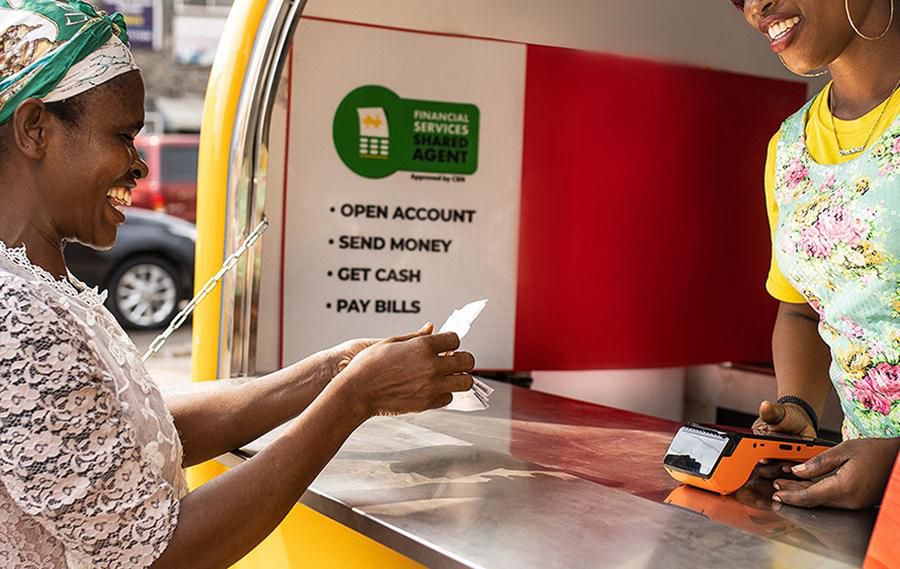Exploring fintech landscape in Africa: Insights from latest Google Trends report
)
From building infrastructure, to developing a wide range of consumer-facing products, startups and enterprises have been quick to meet the evolving needs of their customers across the continent. Many of these products are mobile-first, including super apps, digital banks, crypto exchanges and payments.
The Africa Google Trend report by AppsFlyer and Google reveals crucial insights into how mobile technology is enabling individuals in Africa to attain financial autonomy.
Here are the key findings from the report:
- Increase in finance app installs across Africa between 2021 and 2022.
- Search interest for finance-related searches has tripled in Nigeria in the last 5 years.
- Increase in finance app install ad spend across Africa in 2022 with a spike in 2021 and then continued rises early on in 2022, followed by a reversed trend in the second half of the year due to the economic downturn and other macro conditions.
- Year-over-year increase in people searching for "grant status" and "payment dates" in South Africa.
The rise of finance apps

The conditions in Africa have proved to be fertile ground for the rapid growth of the fintech sector. A large portion of the population is mobile-first, and two-thirds of the population of Sub-Saharan Africa do not have a traditional bank account. With mobile penetration in Sub-Saharan Africa expected to reach 50% of the population by 2025, many users have turned to mobile apps for loans, payments, cryptocurrency, and other financial services. This has led to the growth of Africa's crypto market, which reached $105.6 billion in 2021 alone.
African super apps continue to evolve
Super apps already had a large presence in the African mobile market, but we've seen them take an even stronger foothold in the population in the last twelve months as they aim to boost financial inclusion.
By combining features like payments, communications and e-commerce into one single application, super apps have found a home in a continent where 85% of new smartphones sold were classed as "low-end" in 2021. With storage and connection at a premium on such devices, an app that can act as a one-stop shop has immense value to African users.

We are now seeing many large African companies – particularly telcos – start to lean into this demand, building their own super apps to satisfy their audiences. Vodacom launched VodaPay in 2021, an app that offers its users various services such as digital financial services, online shopping, lifestyle tools, and more. Similarly, MTN has launched MTN MoMo, a mobile money service that allows users to transfer money, pay bills, and access loans, among other services.
The future of fintech in Africa: Challenges and Opportunities
The rise of finance apps and super apps in Africa has been driven by a combination of market conditions and customer demand. The industry is expected to continue to grow in the coming years as more people turn to technology for financial services. However, global macro conditions in the second half of 2022 are expected to impact the growth of the industry.
)
)
)
)
)
)